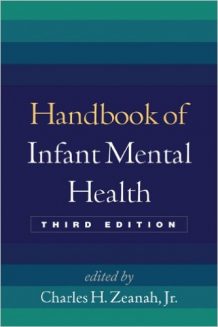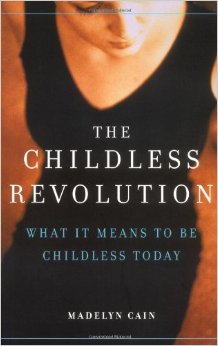Discover the common causes and effects of sleep deprivation, including Fatal Familial Insomnia, and read about famous Guinness World Records for staying awake.
The effects of sleep deprivation are far-reaching. People need sleep to survive, and without it they can slowly begin to lose their minds. If you have problems sleeping, you should be aware you can cure insomnia through therapy treatment.
Take a look at the most usual causes of sleep deprivation and the devastating effects documented in attempts at Guinness World Records.
Common Causes of Sleep Deprivation
People become sleep deprived for a host of reasons, including:
-Working night shifts
-Travelling through multiple time zones
-Sleep disorders like insomnia
-Stress and anxiety
-Depression
-Menopause
-Scientific studies
-Interrogation and torture
Corporate America loses $100 billion in lost productivity each year due to workers calling in sick and performing poorly on the job as a result of sleep deprivation.
Tired workers are even thought to be responsible for major catastrophes like the Exxon Valdez oil spill and the nuclear meltdown at Chernobyl.
The Physical Effects of Sleep Deprivation
The physical effects can kick in after just a few hours of sleep deprivation, let alone many days and weeks of crippling chronic insomnia.
These physical symptoms of sleep deprivation include:
-Aching muscles
-Blurred vision
-Weak immune system
-Bags under the eyes
-Dizziness
-Fainting
-Tremors
-Headaches
-Hernia
-Hyperactivity
-Nausea
-Slurred speech
-Weight loss/gain
-Constant yawning
-Microsleep
-Lack of sleep can even be deadly.
The tragic genetic disease, Fatal Familial Insomnia, has demonstrated that the physical effects of sleep deprivation will send the sufferer into a coma within a matter of months.
The Mental Effects of Sleep Deprivation
The mental effects of lack of sleep also arise quickly. These include:
-Lack of concentration
-Slow reaction times
-Confusion
-Depression
-Hallucinations
-Impatience
-Irritability
-Memory loss
-Psychosis
-Sleep Deprivation Studies
In 1959, Peter Tripp, a New York radio DJ, set a new Guinness World Record for sleep deprivation. He stayed awake without sleeping for 201 hours (8.4 days) under strict observation.
Within three days he began laughing uncontrollably at things that werent funny. He then became upset for no reason, and then paranoid, accusing the lab technicians of trying to kill him.
After his 200-hour wake-a-thon, Peter Tripp slept for 13 hours before returning to a normal sleep schedule. However, his family and friends say his personality changed after the sleep deprivation study, and he went on to have four divorces.
In 1964, Randy Gardner, a 17-year-old student, set a new Guinness World Record by staying awake for 264 hours (11 days) straight.
Unlike Peter Tripp, Randy Gardner chose not to use any stimulants to stay awake. The effects of sleep deprivation on Gardner were the exected, and included moodiness, paranoia and hallucinations.
He also demonstrated a lack of concentration, forgetting how to do the simple math problems set by the sleep researchers. He slept for 15 hours at the end of the wake-a-thon, but showed no long term side effects.

